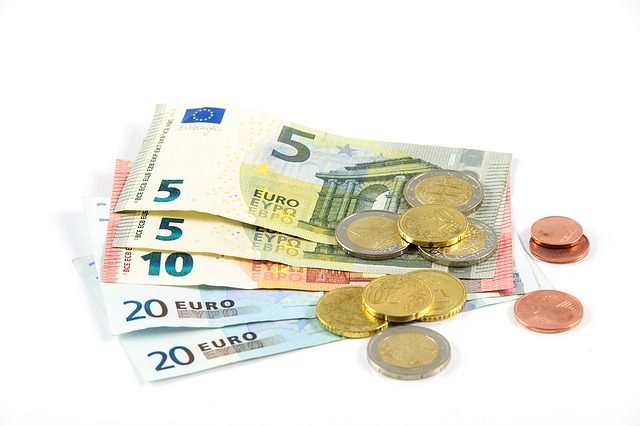A pharmacy is within its rights to refuse to serve a customer if they do not wish to. This may be if the customer is aggressive, threatening or under the influence of alcohol or drugs. If you suspect that a customer is potentially abusing medicines purchased through the volume or number of visits they make to your pharmacy, it is your responsibility to discuss this with the pharmacist and familiarise yourself with any actions you should take. All sales should be supervised by the pharmacist and are at their discretion.
Age restricted sales - there are certain items that the pharmacy will stock which have age restrictions. In particular razor blades, knifes, sharp scissors or some foot care products such as corn knives are not permitted to be sold to an individual under 18 in the UK. Also solvent based glues, aerosols and nail varnish remover and glue for artificial nails must not be supplied to those under 18 if you know or believe that they are likely to inhale the substance to achieve intoxication or otherwise abuse the product.
All employees making the sale must be confident the customer is over 18, otherwise the business or individual could be liable for a £5,000 fine and up to 6 months in prison. There are different approaches a pharmacy can take to ensure they stay legal, such as applying a 'challenge 25' policy which is ensuring anyone who looks younger than 25 is asked for ID or operating a 'no ID/no sale' policy. To minimise any customer conflict it is useful to display any restrictions at the point of sale or clearly on walls and also keep a staff refusal record book to demonstrate due diligence and identify any reoccurrences or patterns within the business.
Whereas the supply of prescription medicines within a pharmacy is highly regulated, there are no legal age restrictions for buying OTC medicines such as paracetamol or decongestants although professional guidance exists. Your pharmacy will have specific policies that restrict the sale of OTC medicines to children. These may involve making decisions based on if the product is suitable for the child to use, for example some heartburn remedies are only recommended for children aged over 12 or aspirin is not suitable for those under 16.
Pharmacists have specific guidance for prescription items which they may decide to use for OTC sales.2
Counterfeit banknotes - the Bank of England states that counterfeit bank notes are quite rare now, but a business must still remain vigilant and check bank notes are genuine. A counterfeit note is worthless, but it is a criminal offence to hold onto or pass on counterfeit notes. Should a note be suspected as being counterfeit it should be passed to the police immediately and if the note is found to be genuine the pharmacy will be reimbursed accordingly. Should a customer wish to pay with Scottish or Northern Ireland banknotes in  England or Wales they can be accepted as they are authorised and approved by the UK parliament as legal currency. Some businesses may choose not to accept them; very often this is simply because they are unfamiliar with the notes, but although they do not have to accept them, it could mean a customer or sale is lost if you refuse to accept a payment with these notes. A pharmacy could accept payment in a foreign currency, such as Euros which may be an advantage if based near an airport or ferry port, however it would be important to keep up to date with exchange rates to ensure the customer is charged the correct price.
England or Wales they can be accepted as they are authorised and approved by the UK parliament as legal currency. Some businesses may choose not to accept them; very often this is simply because they are unfamiliar with the notes, but although they do not have to accept them, it could mean a customer or sale is lost if you refuse to accept a payment with these notes. A pharmacy could accept payment in a foreign currency, such as Euros which may be an advantage if based near an airport or ferry port, however it would be important to keep up to date with exchange rates to ensure the customer is charged the correct price.
Vouchers - Your pharmacy may accept vouchers from customers for certain products or services. It is at the pharmacy's discretion as to what can be accepted, but all vouchers should be checked for their validity, which may involve ensuring they are original vouchers, have valid dates, are for the correct product or service, and not torn or defaced as this may invalidate them. A possible voucher a customer may bring into a pharmacy are 'Healthy Start' vouchers, a UK wide government scheme allowing those who are pregnant or with children under 4 and claiming benefits to purchase milk, fruit and vegetables or more commonly in a pharmacy infant formula or vitamins. A pharmacy must be registered to claim back payment for Healthy Start vouchers before starting to accept them from customers, and only used for the relevant products.
